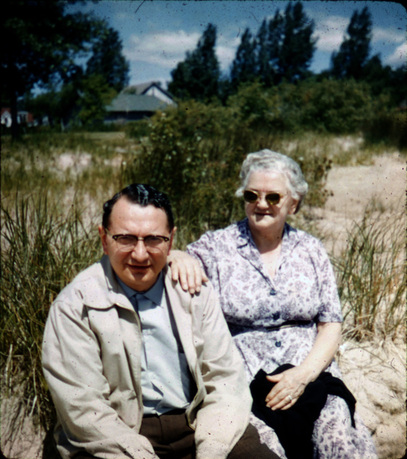Any way you look at it, these facts have far-reaching implications for the entire human race. Imagine, for instance, what it will mean to our food supplies in the decades to come. And think about what it could mean to our systems of government; some observers point out that it’s a whole lot easier to control a population concentrated in major cities than it is to monitor small settlements of people scattered across enormous swaths of countryside. What might that mean to our way of life a few decades down the road?
But there’s an aspect of urbanization with eternal implications. And that’s the fact that this trend is making biblical truth increasingly tough to grasp, especially in the western world.
Consider how easy residents of agrarian cultures would have found it to understand the Bible’s frequent references to, and analogies about, everything from livestock to farming – and how difficult it would be for today’s thoroughly modern urbanites.
Take, for example, the beloved 23rd Psalm, which tells us of the Lord’s incredible care for His children, and His loving invitation to simply trust Him. Do you know what prerequisites the Good Shepherd has already addressed before He can get us to “lie down in green pastures”? Do you understand the significance of our heads being anointed with oil? If your idea of an outdoor adventure is a walk in a park, you probably won’t have a clue, and won’t draw the intended comfort from this beautiful psalm.
Another example: Jesus’ parable of the sower in Matthew 13. Is the soil of your heart ready for successful cultivation? Or is it packed down, stony or filled with weed seeds just waiting to germinate and choke out the good seed of the gospel? If any of the latter conditions prevail, how could the soil of your heart be transformed into the good stuff? If you’re a farmer or experienced gardener, you can figure it out with a little meditation on this passage. But if you’ve never grown more than a prepackaged tray of grass for your cat, you’ll be at a great disadvantage.
One more example: Jesus’ discussion of grapevines in John 15. If you’re going to count the cost of following Him, you should understand what Jesus meant when He said that non-fruiting branches will be cut out and burned, and those that fruit will be pruned as needed to ensure a better crop. How do you make sure you’ll be able to bear fruit? And if you succeed, what should you expect in the way of pruning? Scripture answers all such questions – but how will you understand if you’ve never even shaped a simple yew or renewal-pruned a tired old lilac?
Will our increasing ignorance of cattle and cultivation mean growing alienation from the word of God? Perhaps. According to a recent Barna survey, only 9% of today’s young Americans have any curiosity about the Bible’s content to begin with. And it’s likely that few them would understand passages like these, should they get that far in their reading.
Fortunately, there are plenty of resources available to help even the most concrete-bound understand such wonderful imagery. Phillip Keller’s “Shepherd” books are fascinating explorations of not only the 23rd Psalm, but also the Bible’s references to the Good Shepherd and the Lamb of God. You could learn about soil’s impact on growing plants from seed in any volume on home gardening. And the surprising severity of effective grapevine pruning can be observed by spending a few minutes on youtube.
Does any of this matter? It does if Jesus was speaking the truth when He said we must be born again to see the kingdom of God (John 3), and if Peter was right in saying that we are born again through the word of God which lives and abides forever (1 Peter 1).
Of course, so many things about mankind are like pendulums, swinging from one extreme to the other and back again. Maybe there’ll be an exodus to the countryside again one of these years, and a return to both our agrarian roots and biblical truth. As is the case with just about everything, only God knows. Beyond exploring what He has shared in His word, we’ll just have to wait and see how it all plays out.




 RSS Feed
RSS Feed